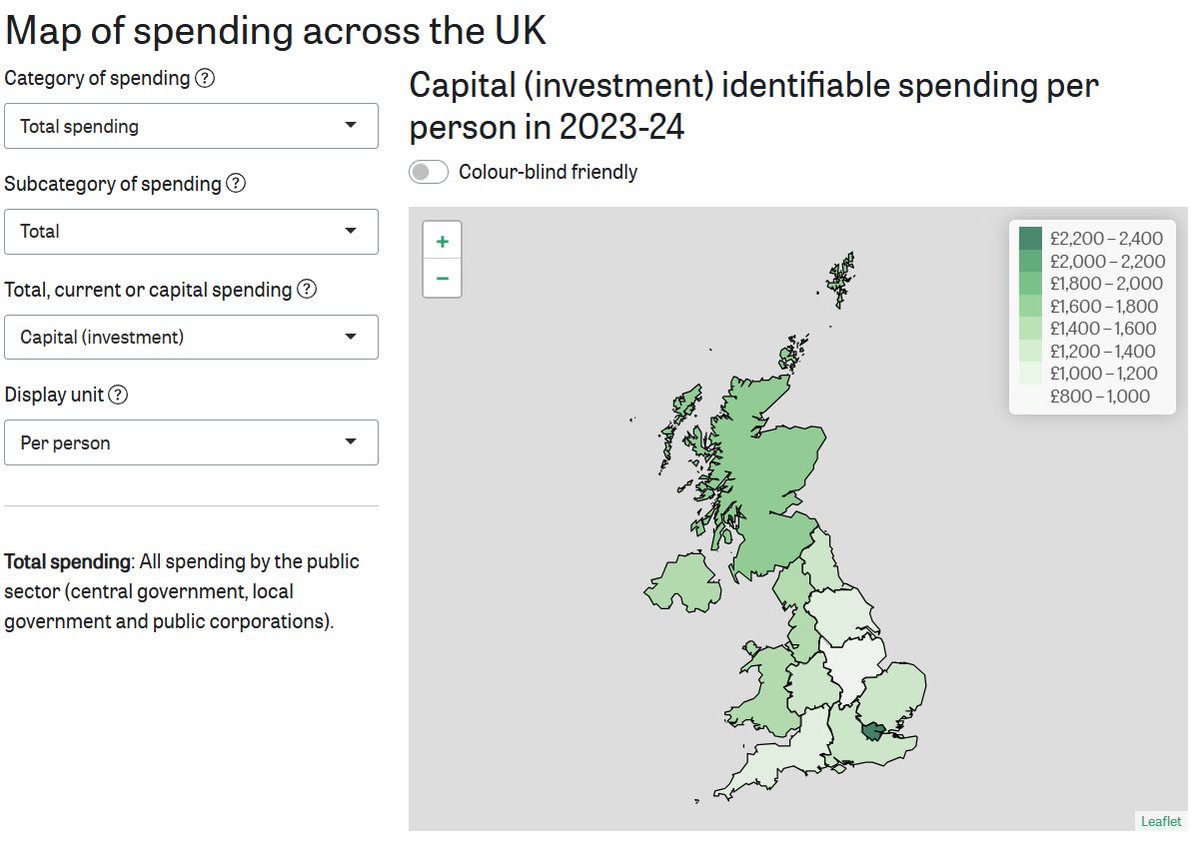
Institute for Fiscal Studies
@theifs
Britain’s leading independent economic research institute
ID: 215679747
http://www.ifs.org.uk 14-11-2010 16:33:54
17,17K Tweet
61,61K Followers
0 Following

As anticipation builds around the upcoming Spending Review, join us for a thought-provoking briefing chaired by Trinh Tu 💭💷 Gideon Skinner Ben Zaranko & JamesSmithRF will discuss the review’s potential economic and societal impact. Register here: bit.ly/3FrJ5nR


With less than two weeks until the government launches their Spending Review, join us at 11am this coming Monday for our event on what to expect and our analysis of the key choices facing the Chancellor, with Bee Boileau & Stuart Hoddinott. Sign up here: ifs.org.uk/events/look-ah…



Missed our IFS Annual Lecture last week? 📺 Catch up with Professor Meredith A. Crowley's lecture on the evolving landscape of international trade and the future of globalisation via our YouTube channel here: youtube.com/watch?v=EPIATY…

Lots of discussion today about regional investment. You can use our Institute for Fiscal Studies public spending tool to explore how much the government currently spends in each region of the UK, what it spends it on, and how that has changed over time: ifs.org.uk/calculators/wh…


NEW: Four big decisions for the 2025 Spending Review Bee Boileau Ben Zaranko and Max Warner explain why tough choices will be unavoidable at the upcoming Spending Review in our new briefing: ifs.org.uk/articles/four-…

We have a new Institute for Fiscal Studies report out on the key decisions for the govt at the upcoming Spending Review. A short thread on what the Spending Review could mean for health spending – and why health spending matters so much for everything else. 1/12



